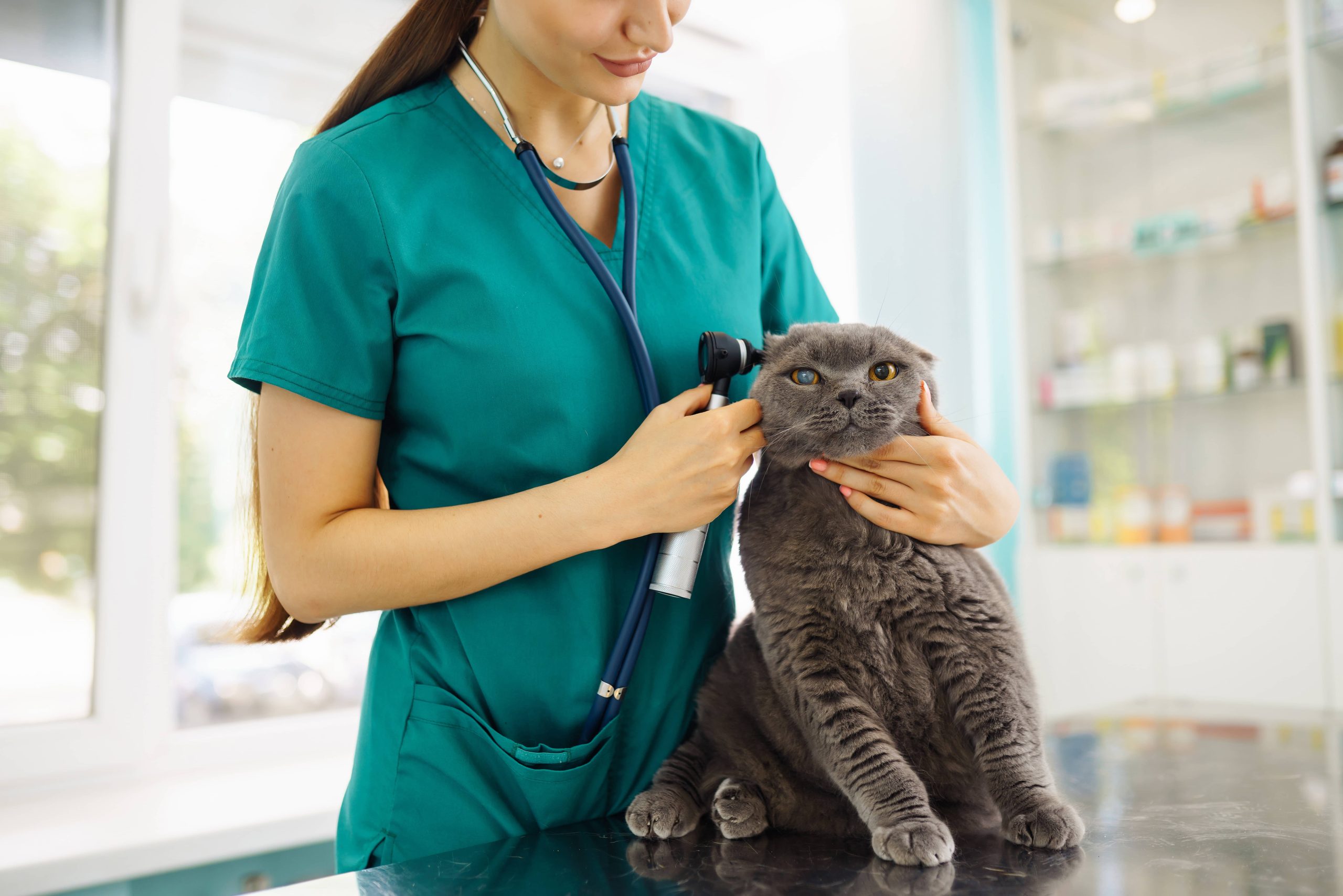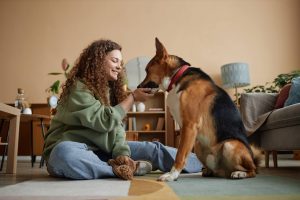
As pet owners, it can be incredibly distressing to see our beloved pets in discomfort or pain. Whether due to illness, injury, or the natural aging process, our furry, feathered, or scaly friends rely on us to provide care and comfort. Knowing how to make a sick pet comfortable is an essential part of responsible pet ownership. In this blog post, we’ll explore various ways to create a soothing environment for your ailing companion, easing their pain and enhancing their recovery process.
Understanding Your Pet’s Needs
First and foremost, it’s important to be in tune with your pet’s specific needs and symptoms. Just like humans, different animals have different dispositions and ways of expressing discomfort or illness. Regular consultations with a veterinarian are imperative for addressing health issues and receiving tailored advice on caring for your sick pet. This professional input ensures you’re not only treating symptoms but also addressing underlying health concerns properly.
Create a Quiet and Cozy Space
One of the key elements in making a sick pet comfortable is providing a quiet, stress-free environment. Loud noises and excessive activity can increase anxiety and exacerbate symptoms. Choose a quiet room or a peaceful corner in your home to set up a comfort zone for your pet.
– Comfortable Bedding: Ensure your pet has a soft, comfortable bed, free from drafts. Supportive bedding can alleviate pain, especially for pets with joint issues or injuries. You may want to consider orthopedic beds for older pets or those suffering from arthritis.
– Temperature Control: Keep the room at a comfortable temperature. Use heaters or fans if necessary but avoid direct exposure to extreme temperatures. For pets that enjoy warmth, heating pads or pet-safe heated beds can be very beneficial.
– Accessibility: Ensure that your pet’s space is easily accessible, minimizing the need for climbing or jumping. This is especially important for pets recovering from surgery or with mobility issues.
Maintain Hydration and Nutrition
Proper hydration and nutrition are fundamental to your pet’s recovery. Sick pets might often lose their appetite, but it’s crucial to ensure they are still receiving the nutrients they need.
– Hydration: Always provide fresh water and encourage your pet to drink. If your pet is reluctant, try offering ice cubes or broths (make sure they are pet-safe and free from added salts and seasonings). In some cases, your veterinarian might recommend subcutaneous fluids.
– Nutritious Food: Feed your pet easily digestible and nutritious food. Specialized diets might be necessary depending on the illness. High-calorie pastes, wet food, or bland diets like chicken and rice (for dogs) can be easier to digest. Consult with your vet for the most appropriate dietary adjustments.
– Small, Frequent Meals: Instead of large meals, offer small, frequent meals throughout the day. This can prevent nausea and help maintain your pet’s energy levels without overwhelming their digestive system.
Pain Management
Managing pain effectively is essential for enhancing your pet’s comfort and recovery. Pain can significantly inhibit your pet’s quality of life, so work closely with your veterinarian to develop a comprehensive pain management plan.
– Medications: Administer any prescribed medications diligently. Pain relievers, anti-inflammatory drugs, or antibiotics should be given as directed by your vet. Never give human medications to pets unless explicitly prescribed, as many human drugs can be toxic to animals.
– Natural Remedies: In some cases, natural remedies such as fish oil supplements, turmeric, or CBD oil (specifically formulated for pets) might be recommended. Always consult your vet before introducing new supplements.
– Physical Therapy: Gentle physical therapy exercises, under veterinary guidance, can aid in pain management and mobility for pets with joint or muscle issues.
Hygiene and Grooming
Maintaining your pet’s hygiene and grooming routine is vital, even when they are unwell. A clean pet is generally more comfortable and less likely to develop secondary infections or skin problems.
– Regular Baths: If your pet’s condition allows, a gentle bath can soothe irritated skin and improve overall comfort. Use mild, pet-safe shampoos and lukewarm water.
– Brushing: Regular brushing helps in keeping your pet’s coat clean and free from mats. It also promotes circulation and can be a comforting, bonding activity.
– Oral Care: Dental health should not be neglected. If your pet is too ill for regular brushing, consider dental wipes or water additives recommended by your vet.
Emotional Support and Bonding
Your presence and emotional support are incredibly soothing to your pet during times of illness. Spend quality time with your pet, offering gentle affection and reassurance.
– Gentle Interaction: Pet or brush your pet softly, speaking in calm and reassuring tones. Avoid overly vigorous activities that might cause stress or pain.
– Mental Stimulation: Keep your pet’s mind engaged with gentle, low-energy games or interactive toys. Puzzle feeders or slow-release toys can provide mental stimulation without physical exertion.
– Routine: Maintain a consistent routine as much as possible. Predictability can reduce anxiety and provide a sense of security.
By following these strategies, you can significantly improve the comfort and well-being of your sick pet. Remember, regular veterinary consultations are essential for ensuring your pet receives the appropriate care and treatment. Our pets give us unconditional love and companionship, and it’s our responsibility to nurture and provide for them, especially in their times of need. Creating a compassionate, comfortable environment can aid in their recovery and demonstrate the love and care they so deeply deserve.
Taking the time to understand and meet your pet’s unique needs will not only enhance their recovery but also strengthen the bond you share, ensuring that your furry friend feels safe, loved, and cherished, even in their most vulnerable moments.






